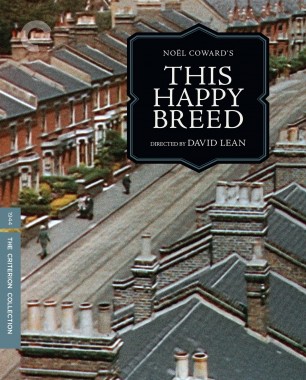Noël Coward’s Enduring Encounter with Film

Celebrated English playwright, actor, screenwriter, and composer Noël Coward brought us many cinema classics, but his relationship with the medium was far from straightforward, as Coward scholar Barry Day explains in a post at Literary Hub.
Although many of Coward’s plays were ultimately adapted for the screen, initially the famous playwright vehemently opposed the idea of taking his work outside the theater. His first foray into screenwriting was with 1942’s In Which We Serve, which Coward also codirected and starred in, and it took some convincing to get him to warm up to the project. “I had generated in my mind a strong prejudice against the moving picture business, a prejudice compounded of small personal experience and considerable intellectual snobbery,” Coward wrote in his autobiography Future Indefinite. “I had convinced myself that it was a soul-destroying industry in which actors of mediocre talent were publicized and idolized beyond their deserts, and authors, talented or otherwise, were automatically massacred.”
But in 1941, Day writes, a “three-man delegation from Columbia Pictures arrived on his doorstep” and convinced him to make a film to help the war effort. Coward assembled a production team—which he dubbed his “little darlings”—selecting people who’d worked on films he admired, including producer Anthony Havelock-Allan, cameraman Ronald Neame, and editor David Lean, who became his codirector. Thus began a lasting collaboration that resulted in such gems as This Happy Breed, Blithe Spirit, and 1945’s brilliant Brief Encounter, which Day calls “Noel’s crowning achievement on film” and, citing British film critic C. A. Lejeune’s assessment, “one of the most emotionally honest and deeply satisfying films that have ever been made in this country.”
Read the rest of Day’s lively piece here for more on Coward’s history in cinema.







